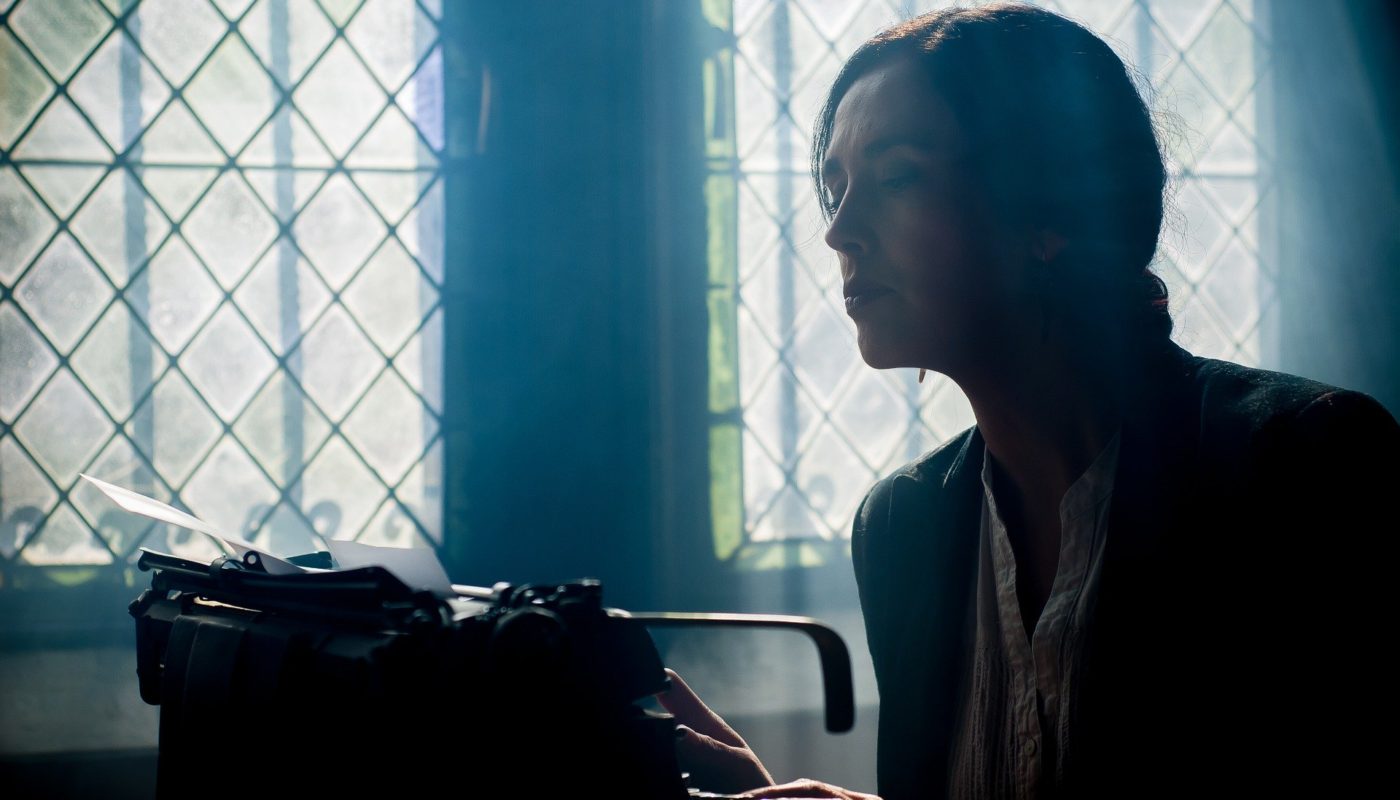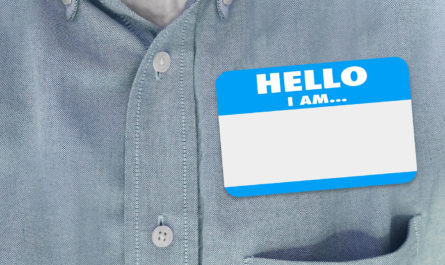You probably think creative writing is only for people who want to be the next C.S. Lewis. While that is the case for some, there are many other reasons as to why people pick up a pen and write something down, and why you should too. If you’re not sure how to start, or even why to start, this post is for you.
What is it?
Creative writing is when you write about something using your imagination and is often referred to as the “art of making things up”. Unlike journalistic writing, you have to rely solely on your imagination, and the main purpose of it is to create an emotional impact. People often write novels, short stories or poems creatively and, while they all have different formats, they all require some imaginative thinking, which is crucial to creative writing. Writing poetry does usually require specific techniques, so novels and short stories are probably the best bet for a beginner.

The benefits
It may not be an aspiration of yours to publish a best-selling novel, but even so, there are still lots of reasons why creative writing is beneficial. There are obvious reasons, such as how it improves your vocabulary, but there are some perks that you might not have even thought of.
First of all, it allows you to express yourself. If there’s something on your mind or something personal you want to raise awareness on, writing a story or poem about it can help you reach out to more people. Think about it: by reading a novel, short story or poem about whatever the topic is, you’re almost able to witness this issue through someone else’s eyes. It could be about mental health difficulties, racism, homophobia, xenophobia or anything that you’re passionate about/want to change. Even if you choose not to share your work, writing creatively forces you to explore your ideas further and you will be more educated about your theme of choice. Your personal beliefs will be reinforced and your values will be validated, and this will increase your self-confidence.
Another benefit is that it improves your communication skills. If you write creatively, you have to express your thoughts and ideas in an understandable way. This can be pretty hard, especially if you have a lot of sentiments and emotions that can be hard to sort through. But, once you’ve managed to sort through these ideas and write them down so that they make sense, it gets a lot easier. You will become more articulate, making you more employable and more eloquent. Also, it clears your head. Sometimes, the emotions we feel are so complicated that it can overwhelm us. However, when we have to write them down, we learn how to put these feelings into words so that they don’t overpower you.
Finally, it improves problem-solving skills. Most of the time, your characters will face a dilemma in your written piece. The only person who can solve this problem is you, the author. You are forced to think logically about the best way for your character to go about this problem, and this skill can be translated into real life.
Pen and paper or computer?
When it comes to where you should write your narrative there are two main ways people think of: the old-fashioned pen and paper method or the modern typing method.
In regards to typing on a computer, there are many benefits. For example, if you are comfortable typing, typing your work up is much faster and you can save lots of valuable time. It also looks more professional than a pen and paper would: it’s formatted correctly and, when handwriting, you have to always make sure it is neat. This is quite inconvenient, especially when your mind works faster than your hand! Finally, it is possible to publish your work on the Internet.
On the other hand, using a pen and paper adds something to your work that computers never can: undeniable authenticity. If you hand write it, the story is completely yours and it simply cannot be proven otherwise. It adds a personal touch that contributes to the originality of your narrative.
In general, people usually use a pen and paper for shorter pieces of work or if they’re more personal and they use a computer if they’re planning on sharing their work on a large scale.
Getting started
Now that we’ve identified why you should start creative writing, let’s talk about how to get started. Deciding on an interesting plot, believable characters and an effective setting can be daunting, so here are some tips.

The first step is to start off small. For example, try thinking of a character and their main personality traits. Let’s say you think of a teenage girl called Sally. She’s shy, does well in school, doesn’t have a lot of friends and is artistic. What kind of situations would force Sally to develop as a character? What circumstances would she hate to be under, and why would she be in that situation? Who’s going to help her? Where does this happen? These are all questions that, when answered, should help you with the plot of your story.
Writing up a vague summary or plan is always beneficial, but don’t make it too comprehensive. Planning out the main problem, why it happens and how it gets solved is usually enough: some of the best plot twists are made up on the spot. Just try seeing where the story takes you! However, if you’re writing a novel, make sure you know what’s going to happen in the chapter before writing it out.
Another crucial part of a good narrative is unforgettable characters. Again, start off with a simple statement. For example, Sally is a perfectionist. Then, build from there. Sally is afraid of failure. She’s such a perfectionist because her parents put a lot of pressure on her. Her parents put a lot of pressure on her because money is tight and they want her to have a better future than they did. This contributes to her anxiety. Mental developments like these help to produce complex characters.
Make sure your characters don’t reveal everything about themselves at the beginning of the narrative. Have snippets of their personality/backstory unveil over time. Most remarkable characters have secrets from their readers: they are mysterious. This keeps the reader engaged- which is arguably the most important aspect.
Try incorporating an underlying theme or message into your narrative. Even if the message isn’t entirely crucial to the plot, it’s always good for stories to have a certain moral. This moral or message is usually communicated through the development of the characters. For example, Sally is tasked with battling evil witches and at the beginning of the story her anxiety is almost crippling and she refuses to get help. While she is fighting off the witches, she is also battling with her mental health struggles. At the end of the story, she is better and seeks professional help. When incorporating the message, remember to show not tell. Sally’s actions and thoughts should show that she’s better, not the narrator’s commentary.

Use the Internet! For general tips and advice, there are many social media accounts dedicated to giving writers advice. Everything is usually only a Google search away, so remember to educate yourself when you’re talking about real-life and sensitive topics.
As I’ve said before, it’s very important to keep your readers engaged. If your story isn’t interesting, nobody’s going to want to read it. So, as you’re writing your narrative, always think about what you’re saying and if it’s necessary. Everything that you write about should have a purpose: whether it’s the more action-packed moments which are crucial aspects of the main plot or the light-hearted moments which lead to character development. Slow the story down for a little while so that the readers learn more about the character and then throw in some high-speed action.
Writer’s block
This is when you face a block in your creativity and don’t have any ideas. It’s every writer’s worst nightmare, but it happens to the best of us.
The best way to go about this is to seek inspiration from your environment. While this may sound bizarre, it’s important to realise that we are constantly being inspired by our surroundings. The more ‘creative’ people just know how to properly harness this constant stream of inspiration that is available to everyone. Think about real-life situations that have happened to you or other people. Do you remember that woman you saw on the street the other day, walking briskly with a worried look on her face? What do you think was going with her? Keep having these thoughts, and eventually, something will click. Even if it doesn’t, your creativity will improve, and next time you sit down to write something you probably won’t be as stuck.
When you have finished
So, you’ve finally finished your last sentence. Now do you release it for the world to see or keep it to yourself? That’s entirely up to you. It’s totally okay if you don’t intend for anyone else to read it. It’s still beneficial to get the practice, and when you’re starting out, it might take a while before you feel confident sharing your writing with others.
But, if you want to make your narrative public, you haven’t finished working yet. There are two steps you need to take. The first one is editing your story and the second one is publishing it.
When it comes to editing your story, the first thing to do is to self-edit. Once you’ve finished writing your narrative, take a break, and read through it all again with fresh eyes. That way, you’ll be able to rectify any errors, re-word sentences and see if everything comes across the way you want it to. Then, once you’re done, ask a friend or family member to read it. Even if they’re not literary experts, remember that one of the main focuses of your narrative should be to engage your readers- and, chances are, your readers aren’t going to be literary experts either. Try looking for a friend or family member in your target audience (if you have one) and ask their opinion. Would they willingly read it? Is it interesting? What would make it better? Your friends and family members are beta readers: they will give you feedback from the reader’s point of view.
It might be a good idea to look for other beta readers online for a less biased perspective. Your friends are probably going to tell you what you want to hear rather than what you need to hear to spare your feelings. Sites that have beta readers include: the beta readers and critique partners Facebook group, the Goodreads Beta Reader Group and Nathan’s Bransford Forum. Remember, everything is just a Google search away, including beta readers!
As for sharing your story, there are many online websites that do this for free. The two websites that I personally recommend are Wattpad and Inkitt. The more commonly used one is Wattpad. Wattpad is the biggest writer/reader community and has over 65 million users and is a great way to build relationships with readers and other writers. Inkitt is also a great website: if your narrative does well in terms of reader response, feedback and engagement, it could be published in the format of an e-book, a print book and audiobook. Wattpad is bigger, and you’re more likely to get more reads and build more relationships.




